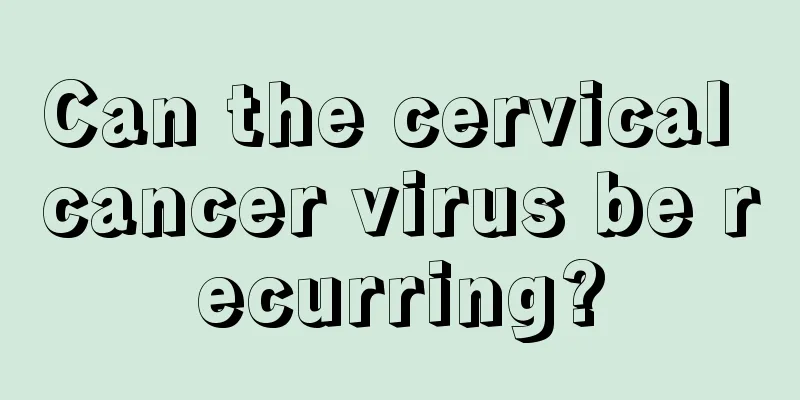The difference between rhinitis and nasopharyngeal carcinoma

|
Nasopharyngeal carcinoma is one of the most common tumors in my country, and ranks first in incidence among head and neck malignant tumors. The age of onset of nasopharyngeal carcinoma is mostly between 40 and 60 years old, and it is more common in men than in women. In the early stages of nasopharyngeal carcinoma, patients generally experience symptoms such as tinnitus, dizziness, and blood in the mucus. Rhinitis is relatively common in life, and patients with long-term and recurrent rhinitis will experience symptoms of nasal congestion and nosebleeds on a daily basis. The two are easily confused, causing some patients to ignore the possibility of nasopharyngeal carcinoma. Experts remind that if early symptoms of nasopharyngeal cancer such as tinnitus, dizziness, and blood in mucus often occur over a period of time, you should go to the hospital for examination and diagnosis as soon as possible. It is important to note that patients with rhinitis should also pay attention to signs of the disease and go to the hospital for nasal endoscopy in time to prevent misdiagnosis or missed diagnosis. Rhinitis patients have a history of frequent colds, and their nasal congestion is alternating, intermittent, and related to body position. When lying on the side, the lower nasal congestion worsens, while the other side is well ventilated. However, nasopharyngeal carcinoma nasal congestion generally starts with one-sided nasal congestion. As the tumor continues to grow, the nasal septum is squeezed to the opposite side and bilateral nasal congestion occurs, which is progressive and continuous. If people over middle age have nose bleeding accompanied by simple nasal congestion, stuffy ears, and foul-smelling nasal discharge, the possibility of malignant tumors should be considered. If there is a family history and symptoms of nasal congestion or nose bleeding persist, you should be highly vigilant. In addition, about 3/4 of nasopharyngeal carcinoma patients have symptoms of bloody nasal discharge, and most of them occur when washing in the early morning, which is a typical early manifestation of nasopharyngeal carcinoma. Nasopharyngeal cancer brings great pain to people. So, how can we effectively prevent nasopharyngeal cancer in daily life? Eat less or no food containing nitrosamines, such as salted meat, salted fish and other pickled vegetables sold in the market. Because they are pickled with coarse salt, they often contain nitrates, which can be reduced to nitrites by Staphylococcus aureus. During the pickling process, part of the protein is decomposed into secondary amines, which react with nitrites to form nitrosamines. These are one of the culprits leading to nasopharyngeal cancer. |
<<: Chemotherapy for nasopharyngeal carcinoma
>>: 5-year survival rate of nasopharyngeal carcinoma
Recommend
Does bladder cancer affect fertility?
Does bladder cancer affect fertility? Does bladde...
There are small blisters on the soles of my feet and they itch
The most concave part of the sole of the foot, be...
Symptoms of advanced malignant ovarian tumors
What are the symptoms of ovarian cancer patients ...
What are the tips for oral ulcers
Oral ulcers are a type of disease with a relative...
What is the reason for high serum alanine aminotransferase
Nowadays, people pay more and more attention to t...
What causes bleeding dental tartar?
Dental health has become a topic of concern among...
What to do if red bumps appear after vaccination
When receiving a vaccination, various discomfort ...
Can faded clothes be soaked in salt water?
In daily life, the fading of clothes is a very di...
How long does it take for nephrotic syndrome to lead to renal failure
The kidney deficiency and kidney insufficiency th...
Things to note in daily life to prevent lymphoma
It is understood that in view of the increasing i...
What are the types of skin classification
Skin is an important part of the human body. It i...
Introduction to lesions of primitive squamous epithelium of the cervix
I believe that many female compatriots are very c...
What should you pay attention to in your diet for nasopharyngeal cancer? Two kinds of food you should not eat
During the treatment, patients with nasopharyngea...
How do breast cancer patients exercise?
Women who are unfortunately diagnosed with breast...
Structure of the scalp
The scalp structure is very important to our phys...









